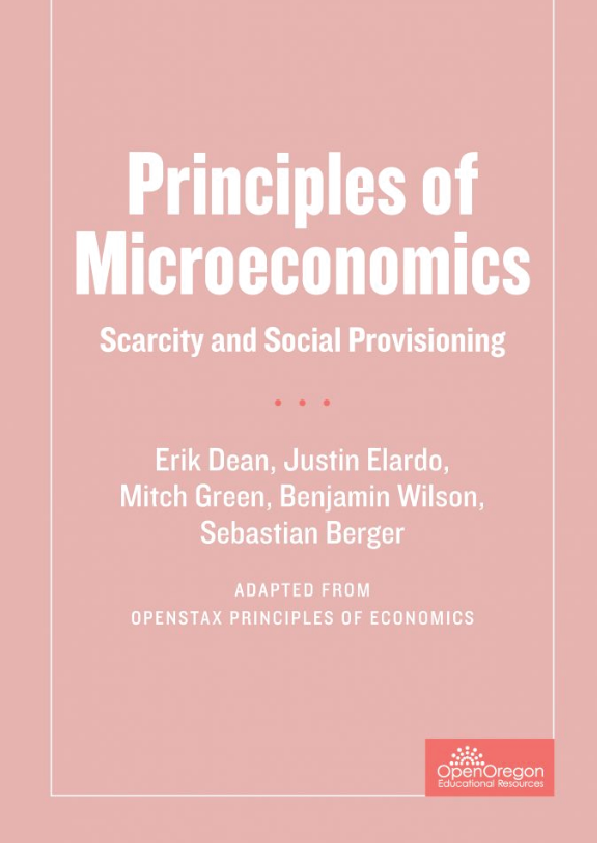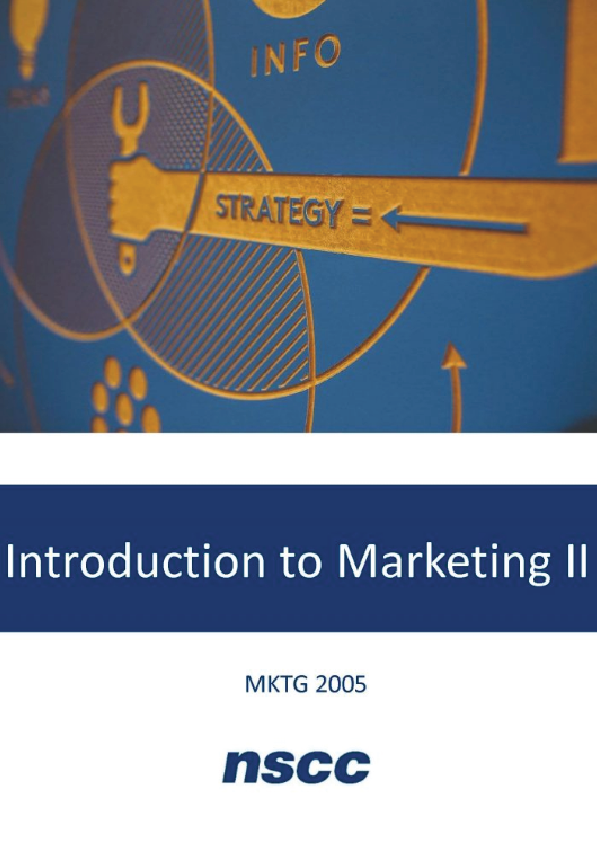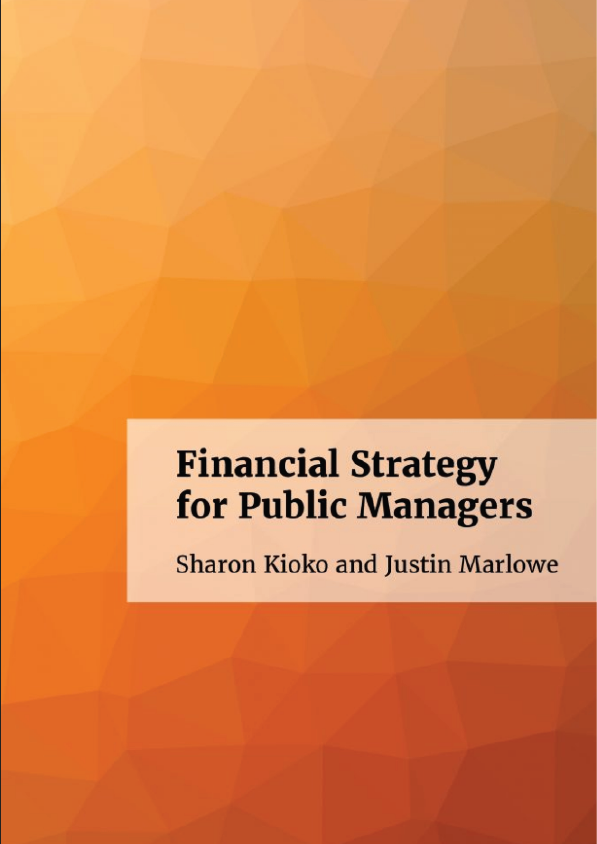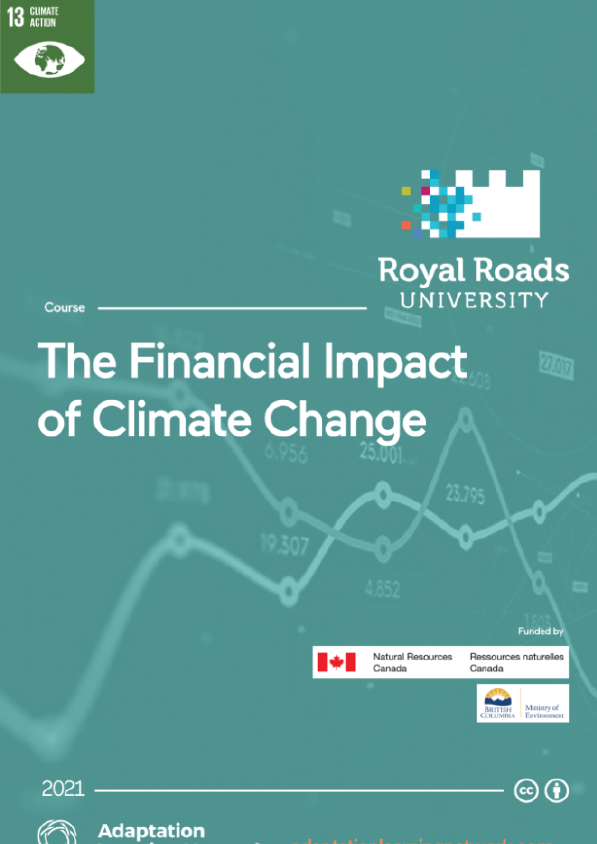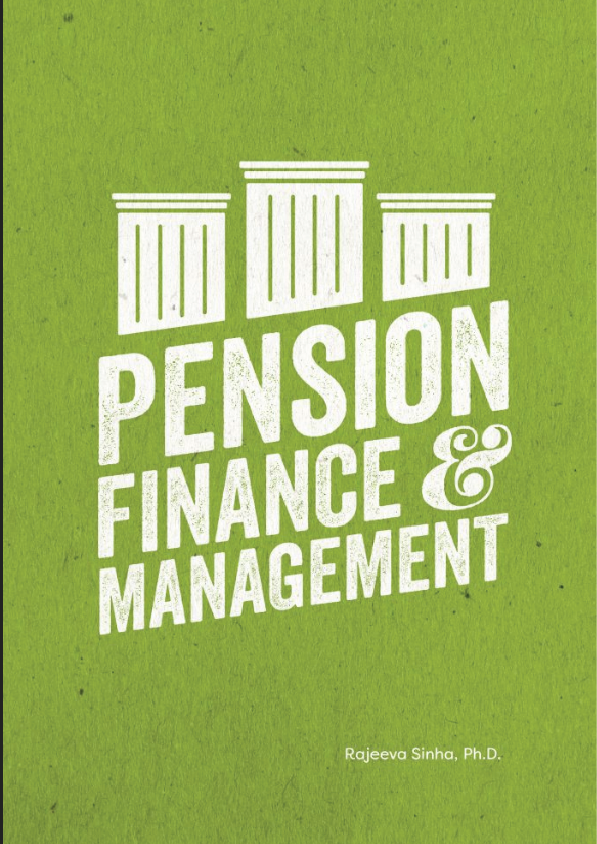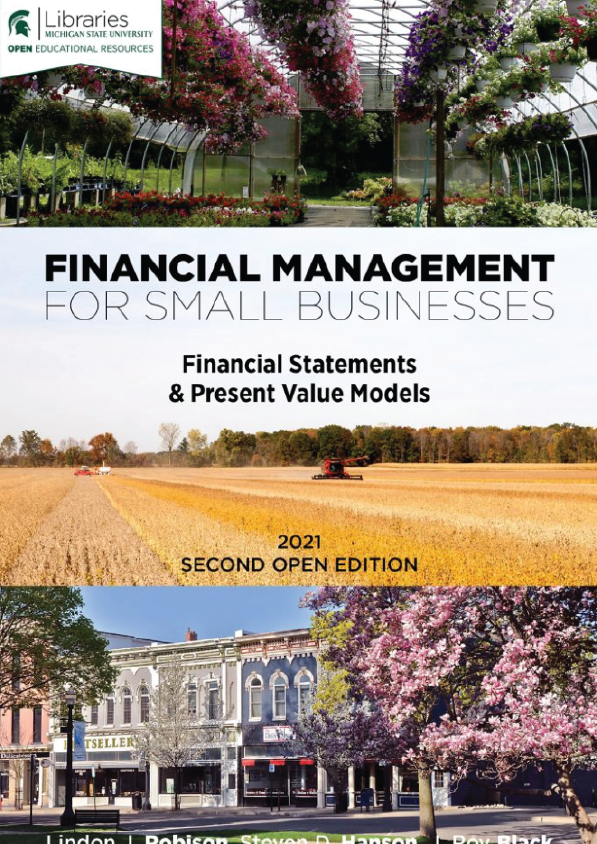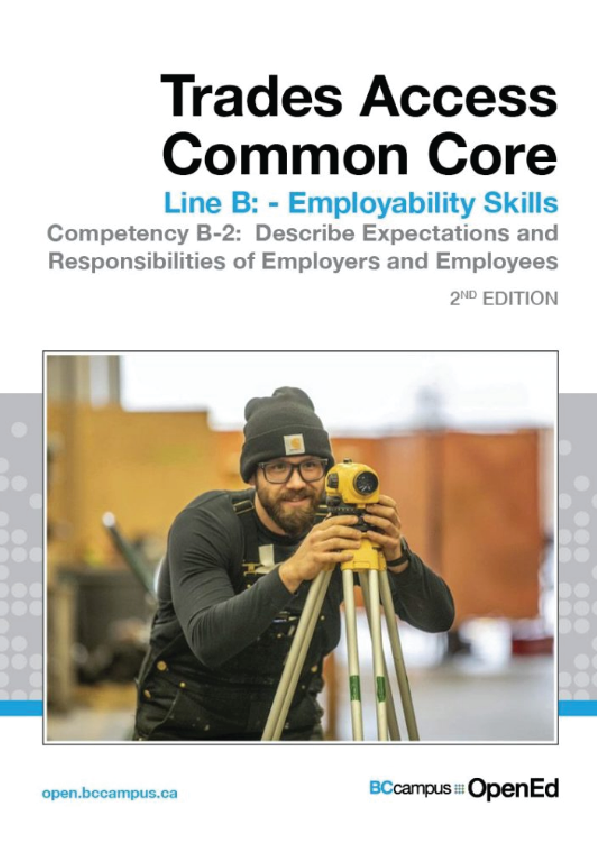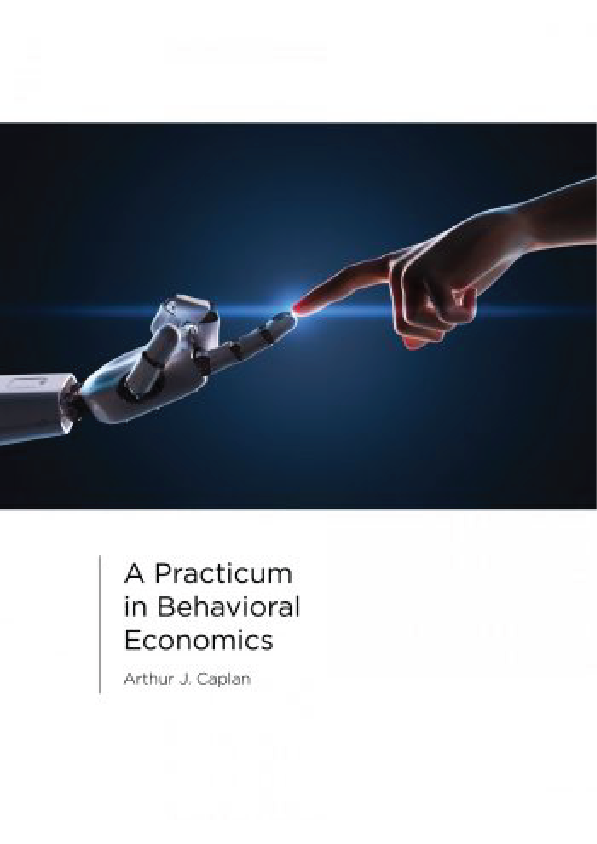What is economics and why should you spend your time learning it? After all, there are other disciplines you could be studying, and other ways you could be spending your time. As the Bring it Home feature just mentioned, making choices is at the heart of what economists study, and your decision to take this course is as much as economic decision as anything else.
Economics is probably not what you think. It is not primarily about money or finance. It is not primarily about business. It is not mathematics. What is it then? It is both a subject area and a way of viewing the world.
Economics is the study of how humans make decisions in the face of scarcity. These can be individual decisions, family decisions, business decisions or societal decisions. If you look around carefully, you will see that scarcity is a fact of life. Scarcity means that human wants for goods, services and resources exceed what is available. Resources, such as labor, tools, land, and raw materials are necessary to produce the goods and services we want but they exist in limited supply. Of course, the ultimate scarce resource is time- everyone, rich or poor, has just 24 hours in the day to try to acquire the goods they want. At any point in time, there is only a finite amount of resources available.
Think about it this way: In 2015 the labor force in the United States contained over 158.6 million workers, according to the U.S. Bureau of Labor Statistics. Similarly, the total area of the United States is 3,794,101 square miles. These are large numbers for such crucial resources, however, they are limited. Because these resources are limited, so are the numbers of goods and services we produce with them. Combine this with the fact that human wants seem to be virtually infinite, and you can see why scarcity is a problem.
If you still do not believe that scarcity is a problem, consider the following: Does everyone need food to eat? Does everyone need a decent place to live? Does everyone have access to healthcare? In every country in the world, there are people who are hungry, homeless (for example, those who call park benches their beds, as shown in Figure 1), and in need of healthcare, just to focus on a few critical goods and services. Why is this the case? It is because of scarcity. Let’s delve into the concept of scarcity a little deeper, because it is crucial to understanding economics.
Every society, at every level, must make choices about how to use its resources. Families must decide whether to spend their money on a new car or a fancy vacation. Towns must choose whether to put more of the budget into police and fire protection or into the school system. Nations must decide whether to devote more funds to national defense or to protecting the environment. In most cases, there just isn’t enough money in the budget to do everything. So why do we not each just produce all of the things we consume? The simple answer is most of us do not know how, but that is not the main reason. (When you study economics, you will discover that the obvious choice is not always the right answer—or at least the complete answer. Studying economics teaches you to think in a different of way.) Think back to pioneer days, when individuals knew how to do so much more than we do today, from building their homes, to growing their crops, to hunting for food, to repairing their equipment. Most of us do not know how to do all—or any—of those things. It is not because we could not learn.
